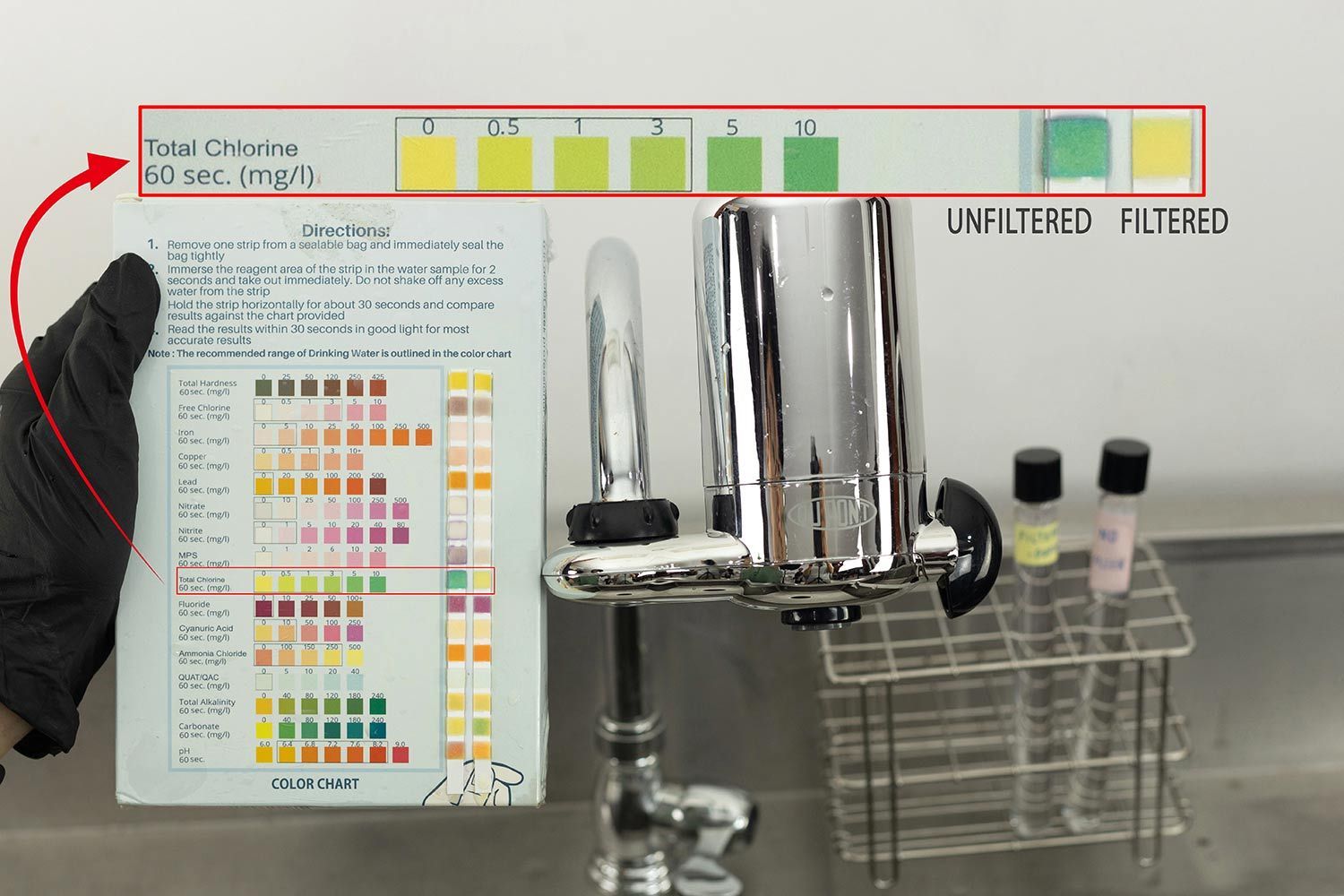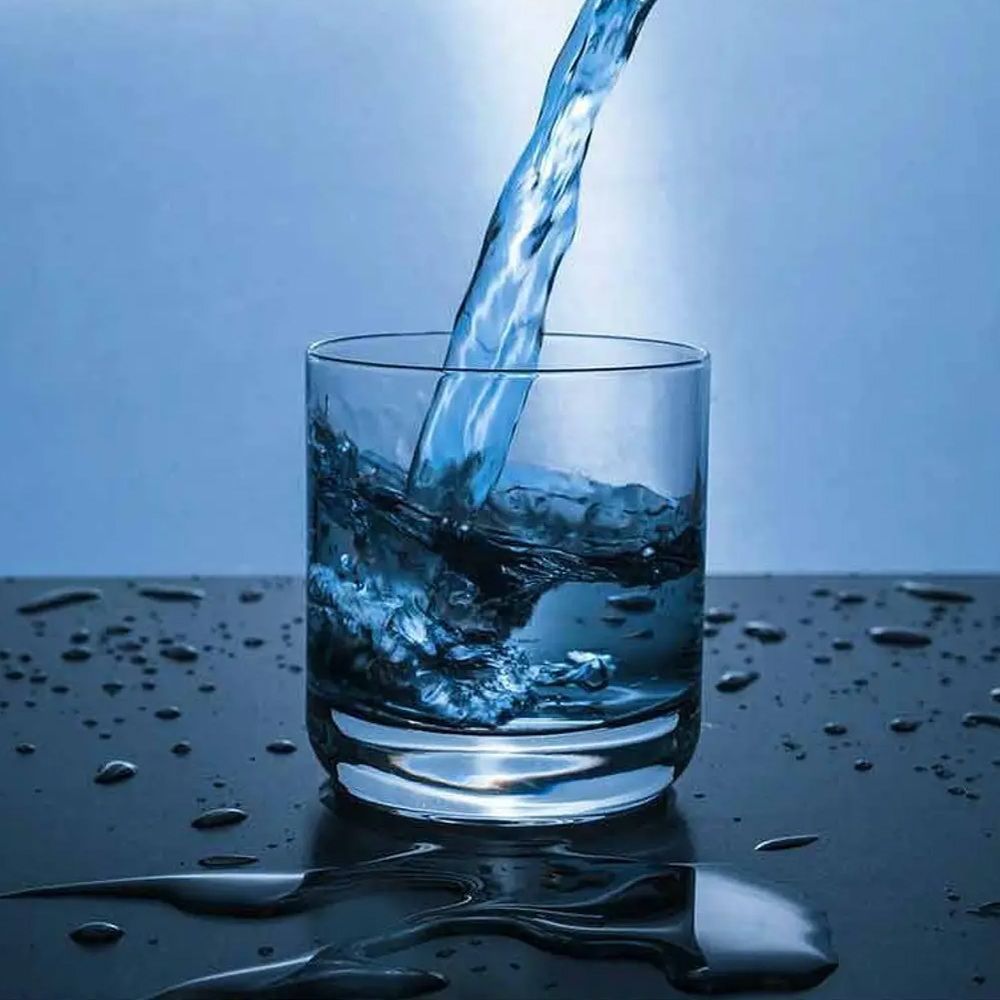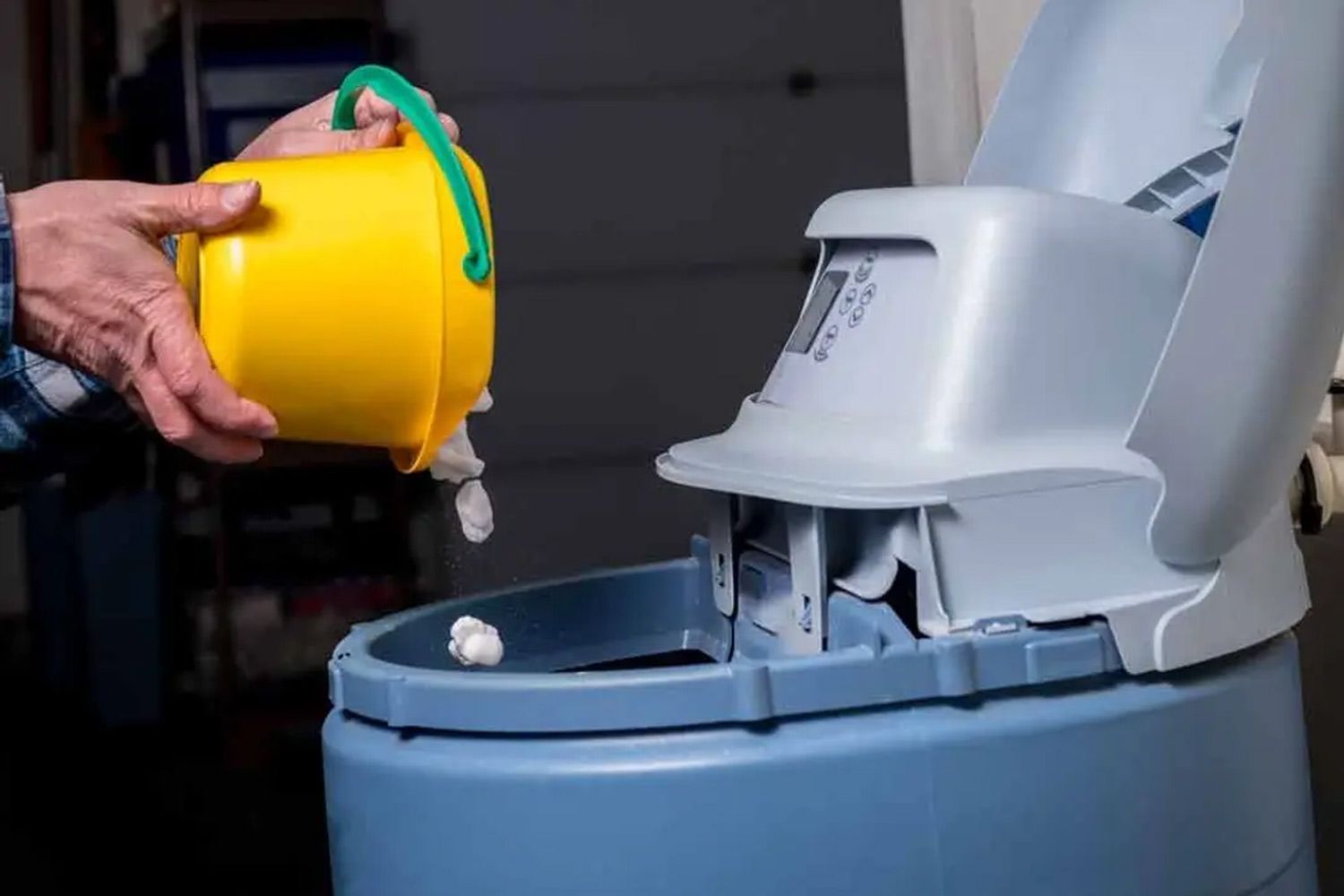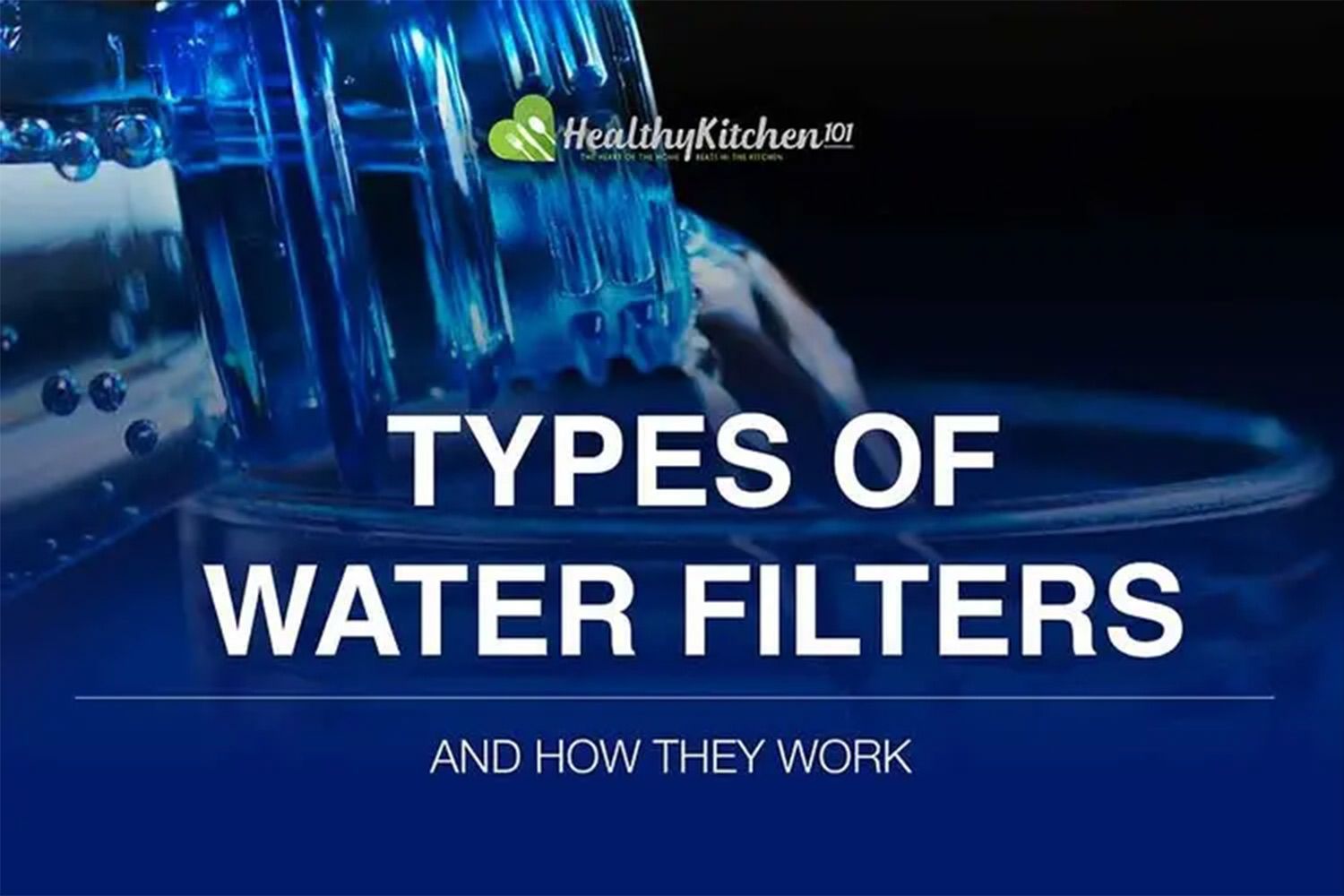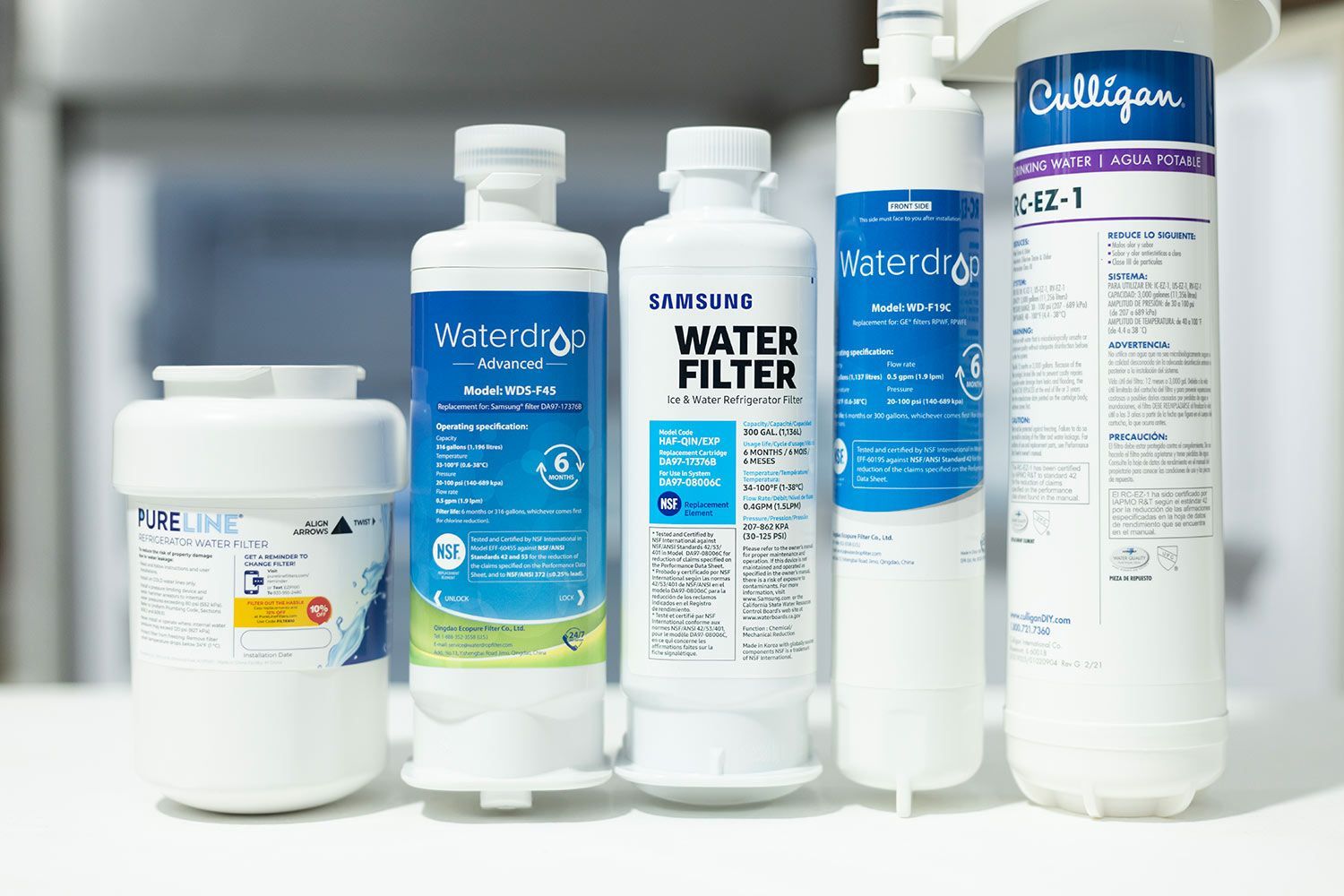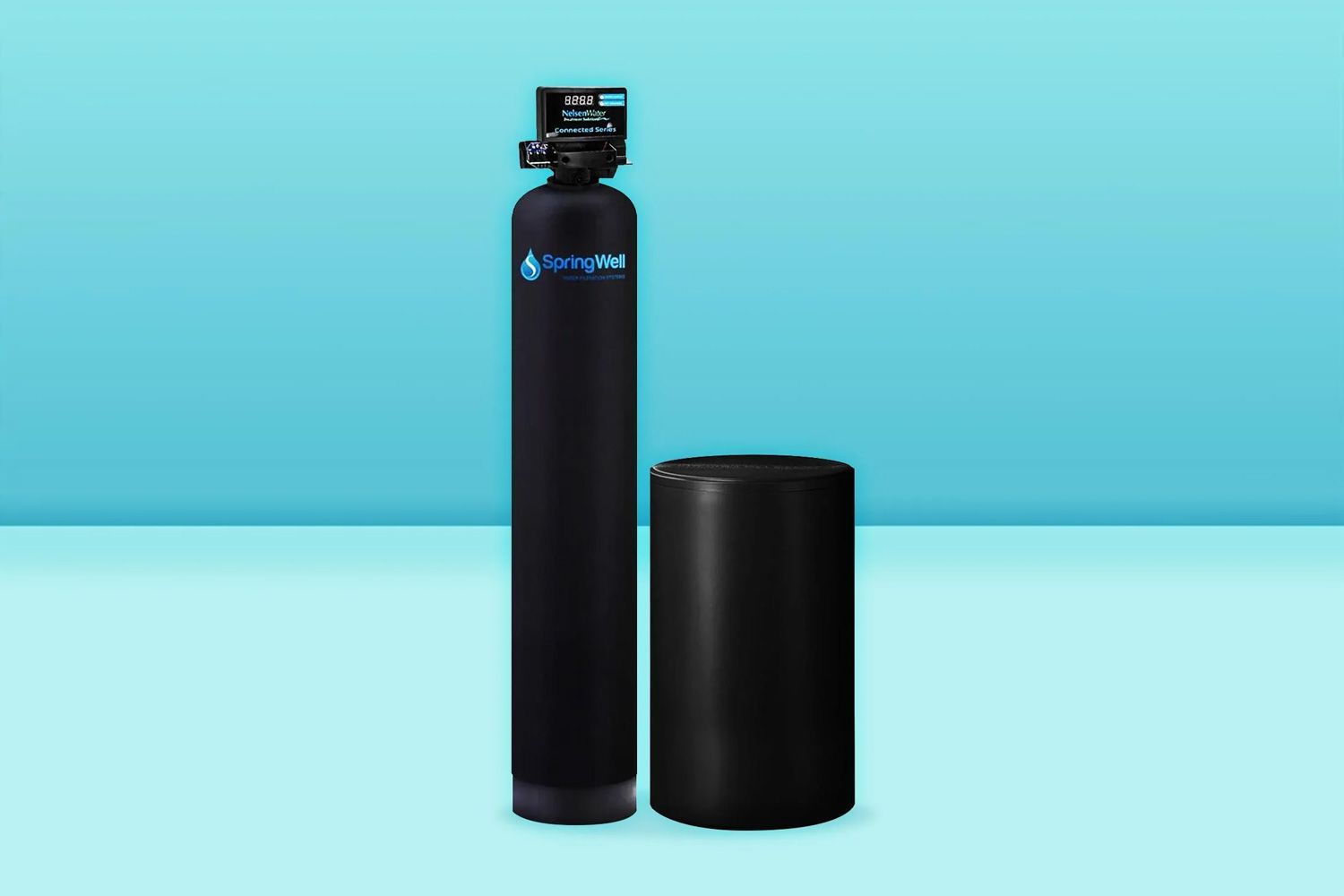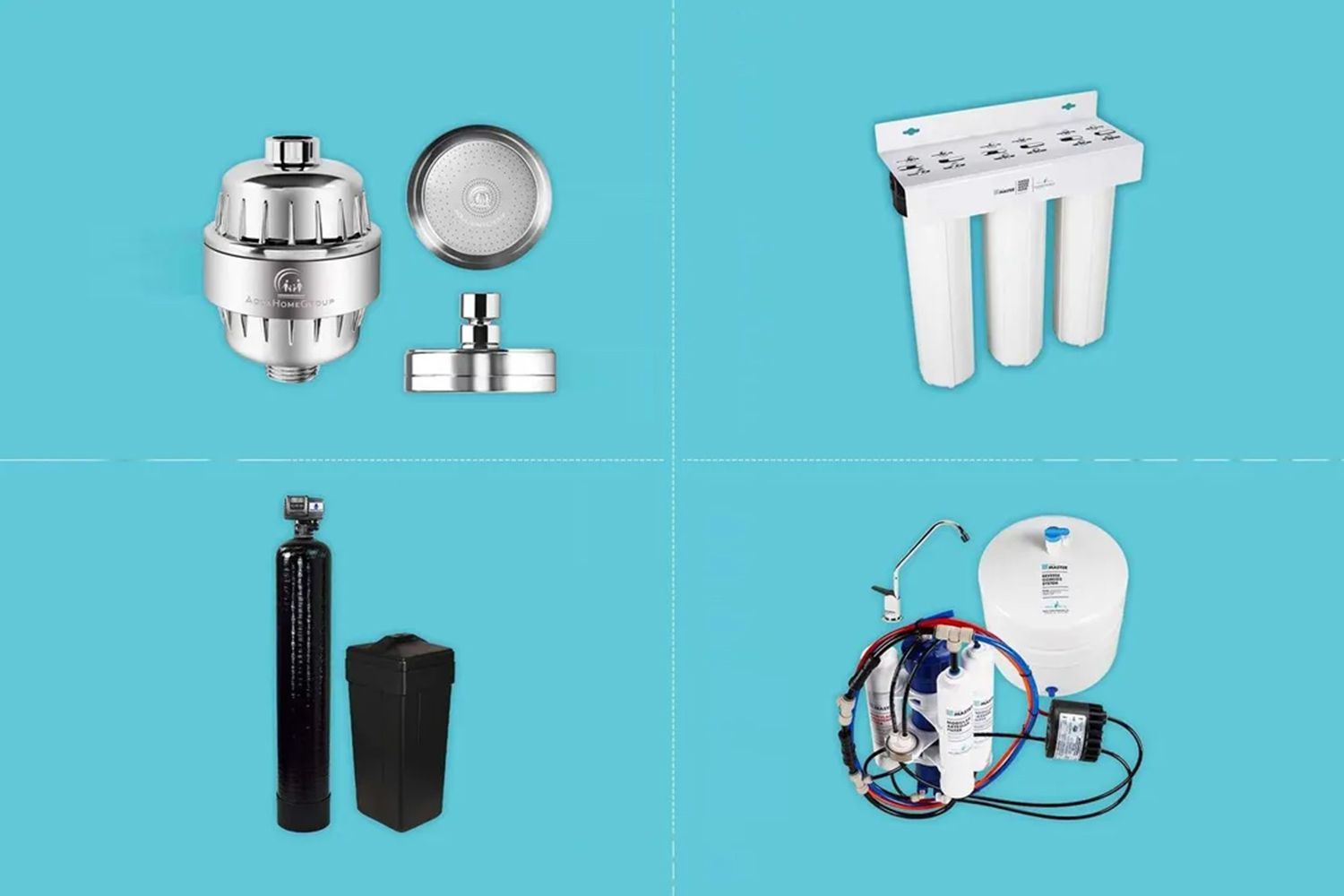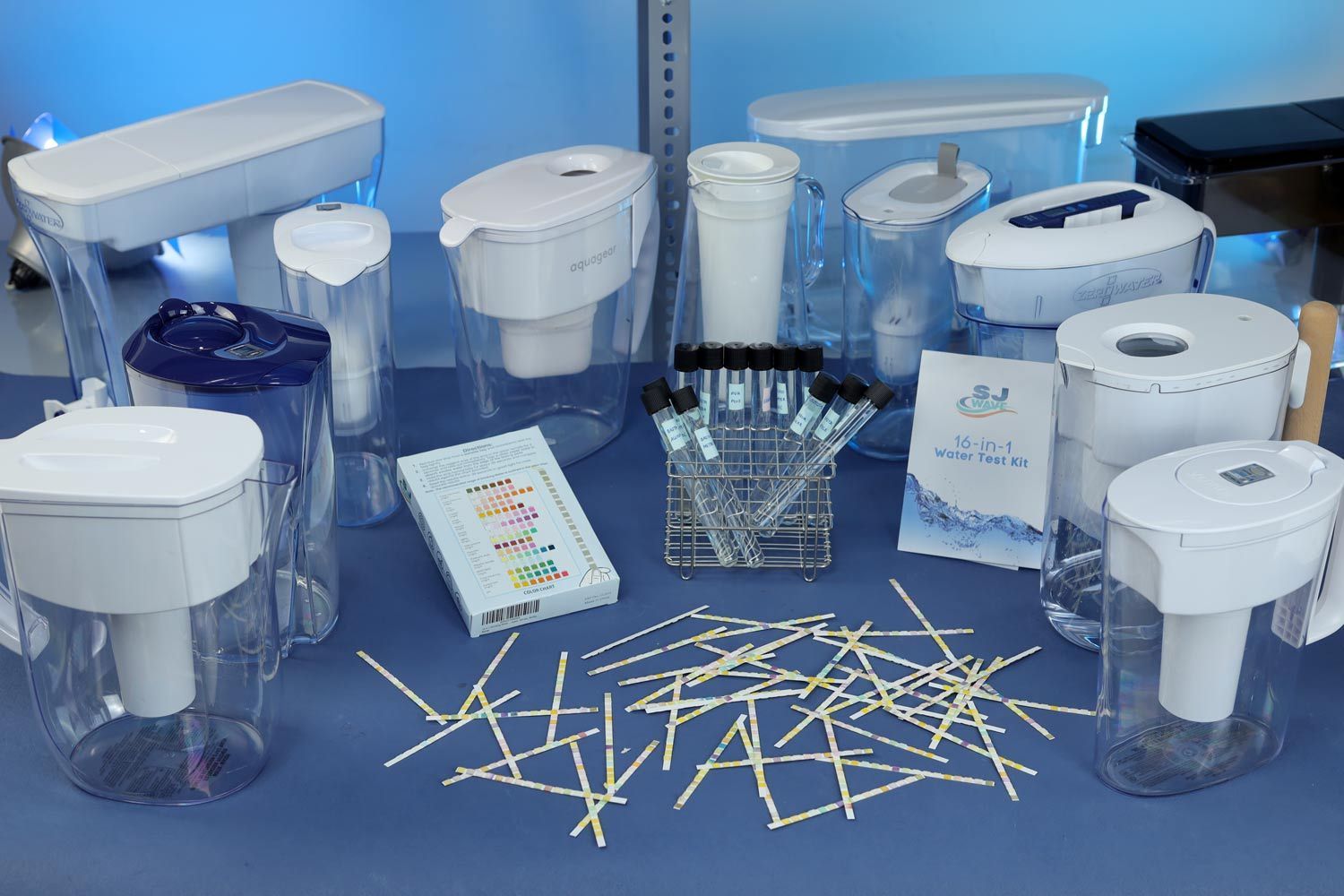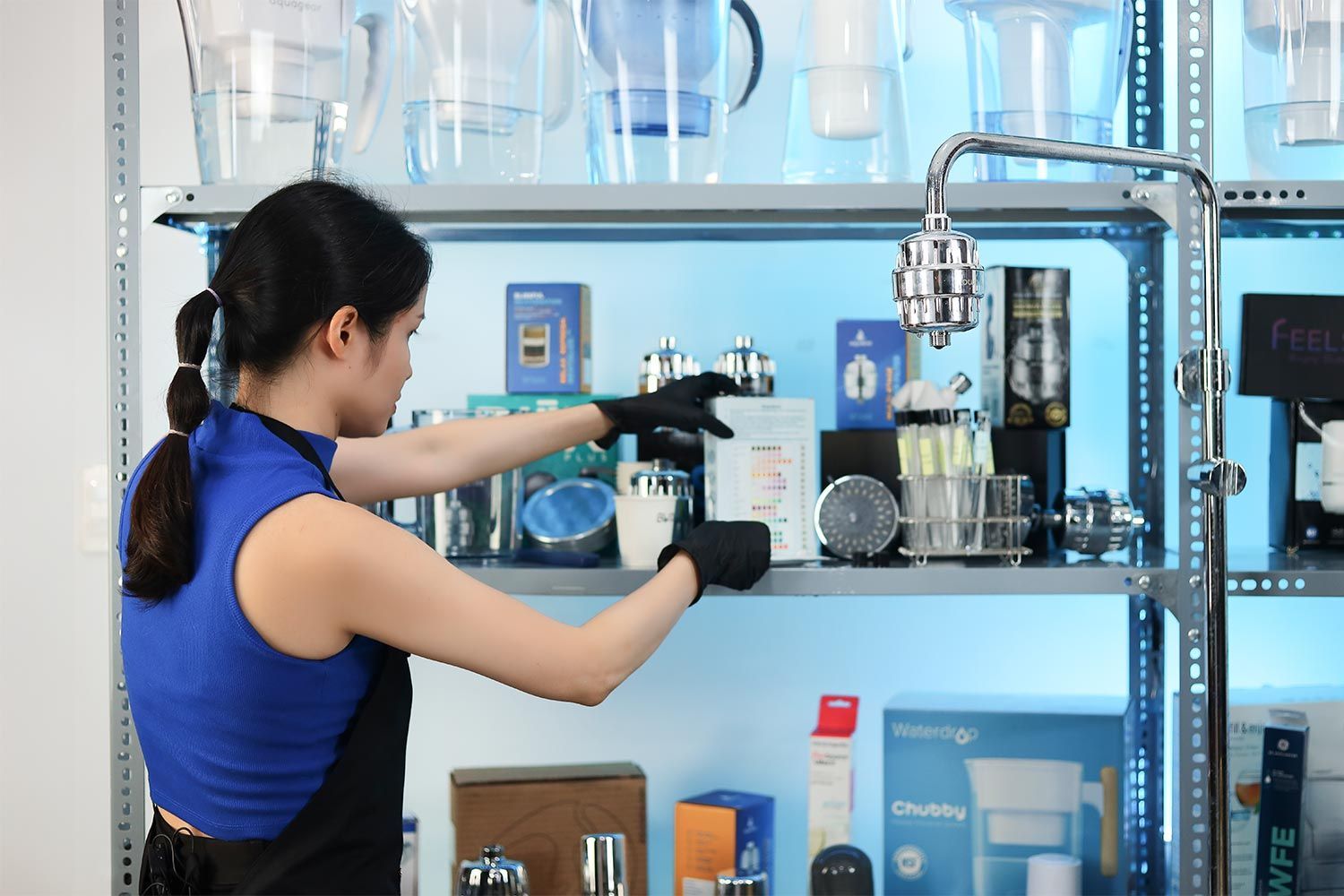Our recommendations are made independently. We may receive commissions from purchases made via our links.
Why Use a Faucet Water Filter?
Safe and Odorless Water
Most water faucet filters come with high-efficiency filter cartridges. Inside the filter cartridges are layers of water-filtering materials known collectively as filter media. Filter media are the components that remove harmful chemicals and impurities from the water.
Depending on the type of filter, a filter cartridge may contain:
- Activated carbon
- Catalytic carbon
- Kinetic degradation fluxion (KDF)
- Mixed media (made from many different filtering materials like gravel, sand, and resin)
- Reverse osmosis membrane
High-quality faucet filters can absorb and neutralize chlorine and toxic heavy metals such as lead, mercury, and arsenic. If you prefer your drinking water to be alkaline (you can find lots of misinformation about alkaline water, but it does have some genuine benefits), many filters are also designed to increase your water's pH level.
But no matter what filter you choose, the result should be the same: safe, fresh, crisp-tasting water for the whole family right from the tap!
No Need for Bottled Water
Bottled water isn’t necessarily any safer to drink than plain tap water. And although it’s convenient, bottled water is expensive and can be incredibly damaging to the environment.
A faucet water filter can create purified water right from your tap. If you fancy the portability of bottled water, you can buy a reusable bottle and fill it up as you need. It’s cheaper, and since you reuse your water bottle, it’s more environmentally friendly, too.
Pure Water, Immediately
If you need more than a few gallons of pure water daily, a faucet water filter will serve you better than a pitcher filter. You get clean water immediately and only have to wait a few minutes to get enough water for cleaning, washing, and cooking.
However, it’s important to note that tap water filters aren’t the ultimate solution to all possible water filtering needs.
First, faucet water filters are small, so they can only clean a limited list of chemicals and impurities. If you have serious water issues (heavy chlorination, dangerous contaminants, etc.), invest in a countertop or undersink water filter with high-performing filter cartridges.
Secondly, these filters are not compatible with all types of faucets. Pull-down faucets, for example, can’t be paired with faucet water filters. It may not be practical to base your choice of faucet around a tap-mounted filter. However, a simple faucet filter will do the trick for most people.
